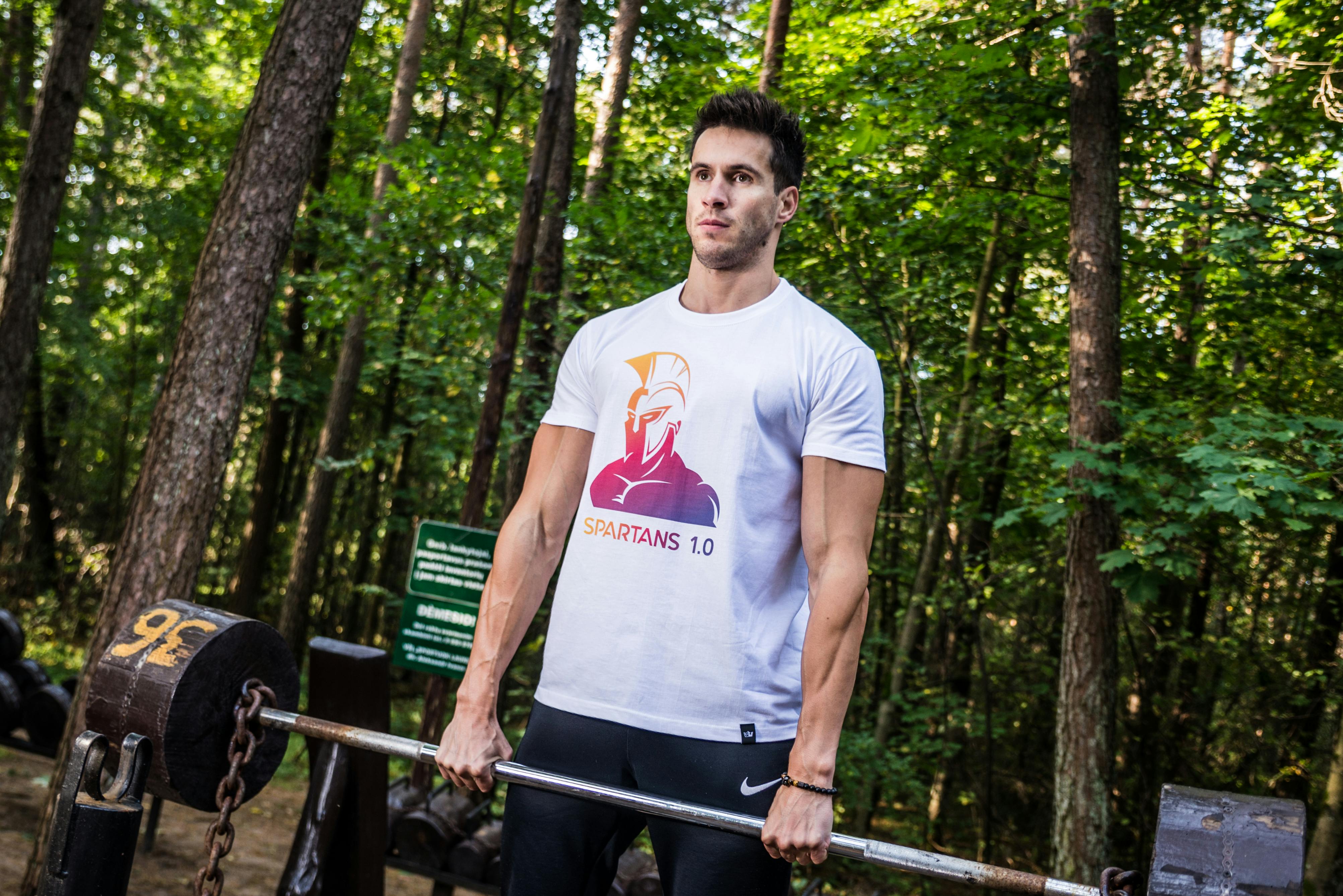Whether you own your own business or operate a local franchise of a national company, being a good neighbor is essential to building a successful business. In the past, businesses have shown their neighborhood by standing out on the local scene. Sponsoring the city’s intramural or children’s sports teams, funding local contests, festivals and holiday celebrations, awarding local scholarships, and encouraging employees to take visible roles in charitable events have all been ways that companies have proven to be good neighbors.
Being a good neighbor also includes creating a sense of community by hosting programs that provide an opportunity for local people to mingle, relax and get to know each other. Some examples might include a health workshop held by a local medical practice, live music at a neighborhood coffee shop, bar, or club, readings and signings at a bookstore or library, or even a day of community service cleaning up a park or painting at school.
Now think about how social media could help you maximize those opportunities. Social media becomes a powerful way to leverage the public relations benefit of your involvement as a sponsor before, during and after the event by creating new ways for the community to come together, communicate, interact and remember.
Before the event, use Facebook, Twitter and YouTube to build interest in what’s coming up. Start the conversation before the event even happens. Encourage your core team of organizers, volunteers, and beneficiaries to connect and talk about the event on their social media sites and on your own. Get them to link to each other’s sites/blogs and retweet.
Take digital photos and videos during the event (simplify the permission issue by making permission to be photographed part of the participation contract and ticket agreement). Tweet and live blog. Have roving “reporters” with digital cameras and audio recorders collect on-the-spot comments from participants, organizers, and attendees. Ask everyone who signs up to blog, tweet, and invite their Facebook friends. Sign up everyone who attends as Facebook friends and Twitter followers so they can stay in touch. Offer a prize to the person who submits the best video or digital photo collage/slideshow and then post it on all your event social media sites (encourage everyone to repost for more viral coverage). If you need more volunteers, ask your Twitter followers to come and help.
Make the most of local public relations by contacting your newspaper, radio and TV reporters and encouraging them to cover the event on their social media channels as well as in their regular column or show. If they attend the event, get plenty of photos and post them on your social media sites. Use your tags and keywords for great searchability and be sure to do your Social Bookmarking. You can even search for local dignitaries like the mayor or council members for photos, audio, or video. Politicians will rarely turn down free PR!
You can also harness the local power of social media by rallying neighbors to help. Local animal shelters have used Twitter and Facebook to introduce pets that are available for adoption, solicit volunteers, and solicit donations of food or money when money is approved.
Most people have no idea of the variety of things that happen in their community every day. Few Americans read a daily newspaper, and many formerly local news stations now carry only nationally syndicated programming. When you become the conduit for connecting busy people with your community, you gain stature as a leader and visibility for your business.
By featuring local events, local people, and local businesses in your social media conversation, you’ll create a “voice” that can resonate within your community and raise your profile in a positive way. Put your social networking sites on your business card and invite everyone you meet to be friends or follow you.
At the same time you’re cultivating your neighborhood audience, don’t automatically close the door on growing regional or national clientele. You’ll need to create a separate social media campaign to market your products and services outside of your community, as local events will generally not be a draw for long-distance customers. On the other hand, if you live in an area that is a tourist hub, a college town, or a city or region that has seen an exodus of residents due to economic circumstances, you may find that for those who have left, there is no place like at home.
For example, a favorite sports bar in a college town might maintain connections with alumni leaving the area through social media. Restaurants have struck gold in shipping favorite comfort foods, sauces and dressings to relocating regulars, and a Facebook or Twitter site can let your expat audience get a taste of home. If you operate a store, entertainment venue, or business that sees repeat business from vacationing customers, use your social media to stay in touch throughout the year, keeping them up to date on what’s new and finding out what they’d like to see when they do. . your business.
Using social media for “local” businesses pays off in many ways. You can generate business and strengthen community ties, which can earn you loyal customers. By staying in touch with event attendees and “alumni” who return regularly, you can improve your chances of repeat sales. And by extending your reach to customers beyond your area, you also protect your cash flow from the ups and downs of the local economy.




